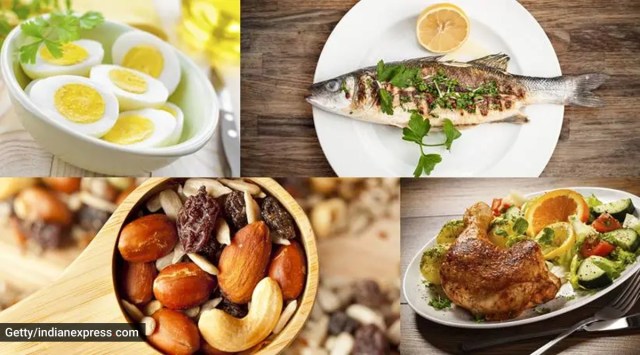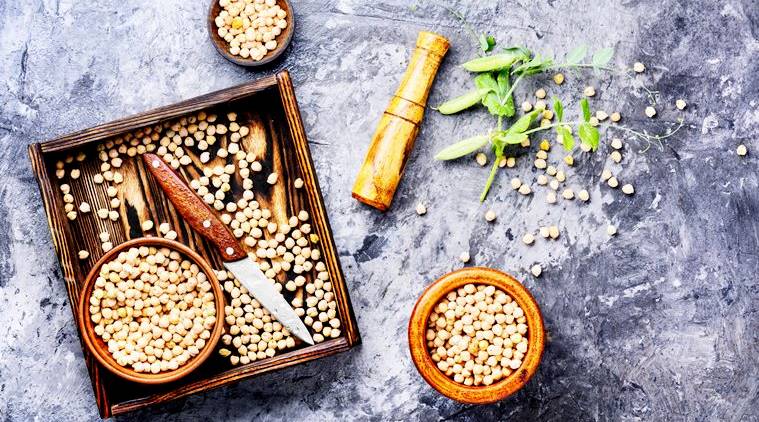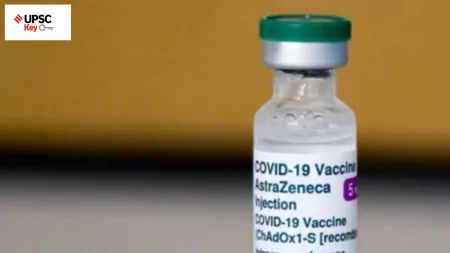- India
- International
Protein: Know the best sources, benefits, and how much is too much
The protein requirements differ for children, adults, and senior citizens. While senior citizens will require more amounts so that they can maintain muscle mass and strength, along with bone health, a child in the age group of 4-9, he/she will be recommended 19 grams of protein each day, said Dr Jinal Patel, dietitian
 As an essential macronutrient, one need an adequate amount of protein in your their to stay healthy (Source: Getty Images/Thinkstock)
As an essential macronutrient, one need an adequate amount of protein in your their to stay healthy (Source: Getty Images/Thinkstock)Many of us, while planning our meals, consider aspects like calories, fats, or even salt consumption — but how many of us really think of protein intake, too? New ongoing researches and experts point out that it is extremely essential to incorporate protein in daily diet. In fact, a recent study published in Hypertension, a peer-reviewed journal of the American Heart Association (AHA), said that eating a balanced diet including protein from a greater variety of sources may help adults lower the risk of developing high blood pressure.
So, given the emphasis on protein in one’s daily diet, how much should actually be consumed? But before we dive into the how, let’s understand what exactly protein is.
What is protein?
Protein plays a key role in creating and maintaining cells of the bones, muscles, cartilage, and skin. “Protein is made up of essential amino acids that the body cannot manufacture on its own; therefore, one must obtain them through their diet. These amino acids are necessary for the growth and repair of tissue. Without them, the body would begin to break down its own muscles to obtain them. This is why getting your daily fix of protein through the foods you eat is crucial,” said Tanvi S Chiplunkar, senior dietician, Bhatia Hospital Mumbai.
In simple words, protein is a “necessary component of any diet because it fuels your cells so you have the energy to stay active”.
 Are you having enough protein? (Photo: Getty Images/Thinkstock)
Are you having enough protein? (Photo: Getty Images/Thinkstock)
Functionally, inside the cells of a human body, all the receptors, enzymes, and metabolic activities are essentially proteins. Similarly, antibodies that help prevent various diseases by fighting against foreign organisms are also proteins, explained Dr Upal Sengupta, senior consultant nephrologist, Fortis Hospital and Kidney Institute, Kolkata.

Does lack of protein cause a deficiency?
“Yes, absolutely. The deficiency can make you prone to infection and illness, lead to swelling in the legs, slow wound healing, and reduced muscle mass. So, in case, you have been diagnosed with protein deficiency, then follow the instructions given by the consulting expert,” said Dr Jinal Patel, dietitian, Apollo Spectra Hospital, Mumbai.
Benefits of protein
One of the foremost benefits is that it helps muscle mass for those looking for a bulky build. According to Chiplunkar, “As an essential macronutrient, one need an adequate amount of protein in your body to stay healthy. If one is not getting enough protein in their diet, it can result in the body utilising muscle for energy.”
We now know that it is imperative to eat protein as recommended by the doctor, so let’s look at its other benefits:
It helps with
*Blood clotting
*Immune system function
*Maintaining muscle mass
*Keeping blood sugars stable. “Adequate protein intake also helps with hormonal creation. Insulin (a small protein) is a hormone that is helpful in managing blood sugar levels. It tends to involve the interaction of organs like the pancreas and the liver,” said Dr Patel.
*Maintaining hunger.
*Growth, repair and maintenance of cells – amino acids are the building blocks of protein – they play a major role in hair growth.
*Muscle growth, development and repair, cartilage and skin.
*Digestion, through facilitation of the creation of enzymes and hormones and hormonal regulation. “Digestion is carried out by the digestive enzymes that are “proteinaceous in nature”, added Dr Patel.
Sources of protein
AHA’s 2021 dietary guidance to improve cardiovascular health recommended eating healthy sources of protein, mostly from plants, and may include seafood and low-fat or fat-free dairy products, and, if desired, lean cuts and unprocessed forms of meat or poultry.
One can opt for eggs, almonds, oats, milk, broccoli, spinach, quinoa, fish, lentils, asparagus, soy, yoghurt, nuts, dairy, seeds, carrots, seafood, avocado, chickpeas, and tofu.
 The protein requirements differ for children, adults, and senior citizens (Source: Getty Images/Thinkstock)
The protein requirements differ for children, adults, and senior citizens (Source: Getty Images/Thinkstock)
How much to have?
The Indian Council of Medical Research (ICMR) recommends that an average adult should consume about one gram of protein per kg of body weight every day. According to the National Institutes of Health (NIH)’s Dietary Reference Intakes report for macronutrients, a sedentary adult should consume 0.8 grams of protein per kilogram of body weight. This means that an average sedentary man should eat about 56 grams of protein per day, and the average woman should eat about 46 grams, as per NIH. As per AHA two servings, or 5.5 ounces, of protein daily is recommended.
The protein requirements differ for children, adults, and senior citizens. While senior citizens will require more amounts of proteins so that they can maintain muscle mass and strength, along with bone health, a child in the age group of 4-9, he/she will be recommended 19 grams of protein each day (however, the expert will decide again after monitoring the overall health), said Dr Patel.
Those in the age group of 9-13 can have 34 grams on a daily basis. If the child is in the 14-18 age group, then a boy will need 52 grams and a girl may require 46 grams. “When it comes to adults, men will need 56 grams of protein and women around 46 grams. Older adults need to have around 2.0 g/kg/day. But, it is better to speak to an expert who will guide senior citizens as per the requirement,” mentioned Dr Patel.
How to incorporate protein in one’s diet?
Start with minor changes, such as replacing that piece of toast with an egg or adding a meat portion to your favourite starch dish, said Chiplunkar. “If you’re transitioning from a vegetarian or vegan diet and want to add the meat back in, incorporate red meats slowly. Vegetarian sources of protein like milk, curd, buttermilk, cheese, soybean can be incorporated in the diet,” she said.
📣 For more lifestyle news, follow us on Instagram | Twitter | Facebook and don’t miss out on the latest updates!
May 02: Latest News
- 01
- 02
- 03
- 04
- 05


































